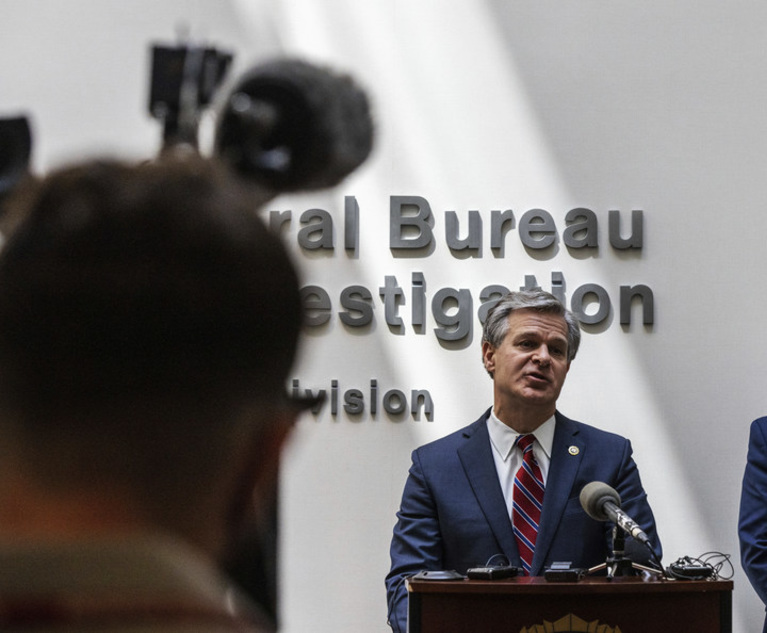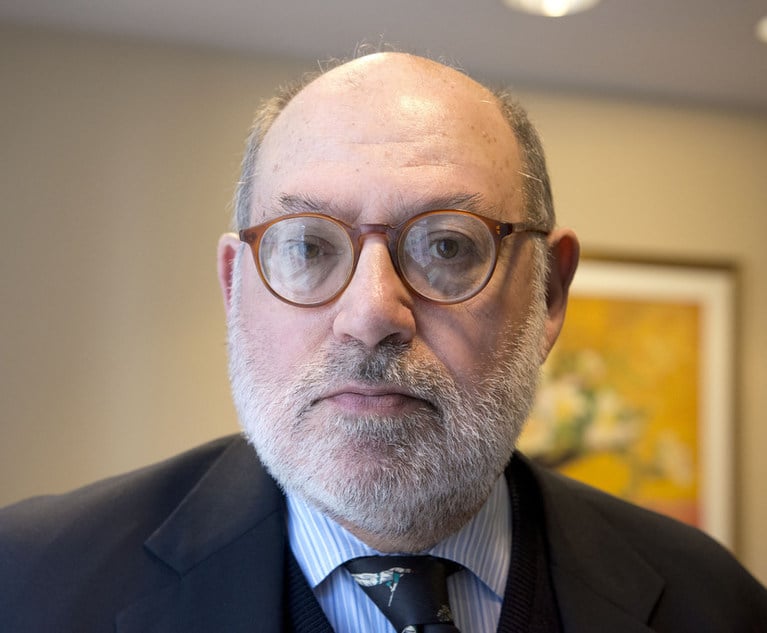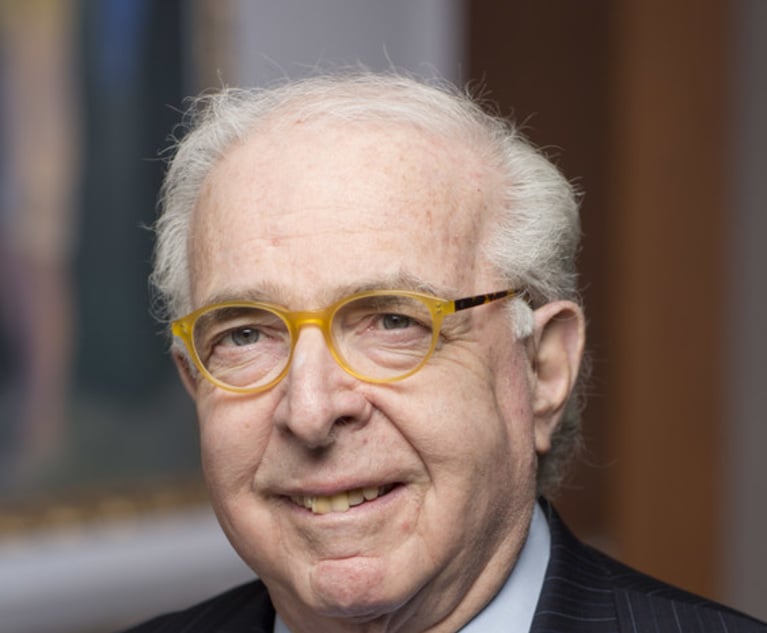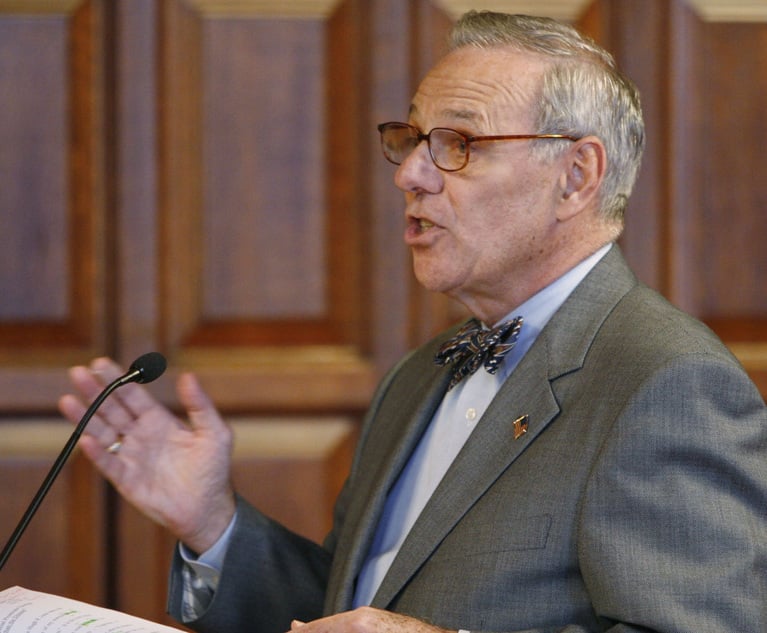As professionals uniquely tasked with upholding the rule of law, lawyers can’t lie. But lawyers do lie—often. Consider: My client was not the shooter; the voting machines were defective; your client was speeding; the property is worth 10 times what you are offering; nothing in the record supports your claim. Assume these representations are all about material facts in a legal dispute, they are not simply a lawyer’s belief, or her opinion. If they were, then a lawyer could lie about anything and claim it’s just her opinion as to the fact. Assume these statements are untrue. But the question is whether they violate the professional rules of ethics.
This perspective is not about Donald Trump. It’s about a statement—a formal “declaration” one of Trump’s lawyers made in connection with the sensational report last week of the FBI’s warranted search of Trump’s estate at Mar-a-Lago looking for classified, top-secret documents that were unlawfully removed from the White House by the former president after he left office. On August 14, the Times reported that an unnamed Trump lawyer (why the Times did not identify the lawyer is unclear), more than a month before the search, declared to the Justice Department in writing that all material marked as classified at Mar-a-Lago had been returned to the government. Apparently, given the search receipt made public after the search, there were at least a dozen boxes seized by the FBI containing highly classified materials.


 FBI Director Christopher Wray speaks to journalists at the Omaha FBI office on Wednesday, August 10, 2022. Wray addressed threats made to law enforcement after agents raided Trump’s Mar-a-Lago residence in Palm Beach, Fla. Photo: Chris Machian/Omaha World-Herald via AP
FBI Director Christopher Wray speaks to journalists at the Omaha FBI office on Wednesday, August 10, 2022. Wray addressed threats made to law enforcement after agents raided Trump’s Mar-a-Lago residence in Palm Beach, Fla. Photo: Chris Machian/Omaha World-Herald via AP




